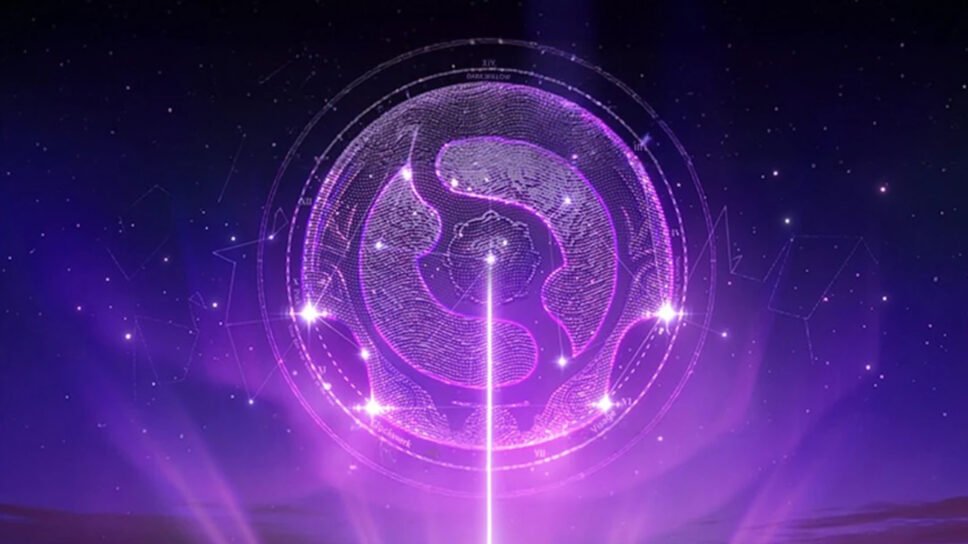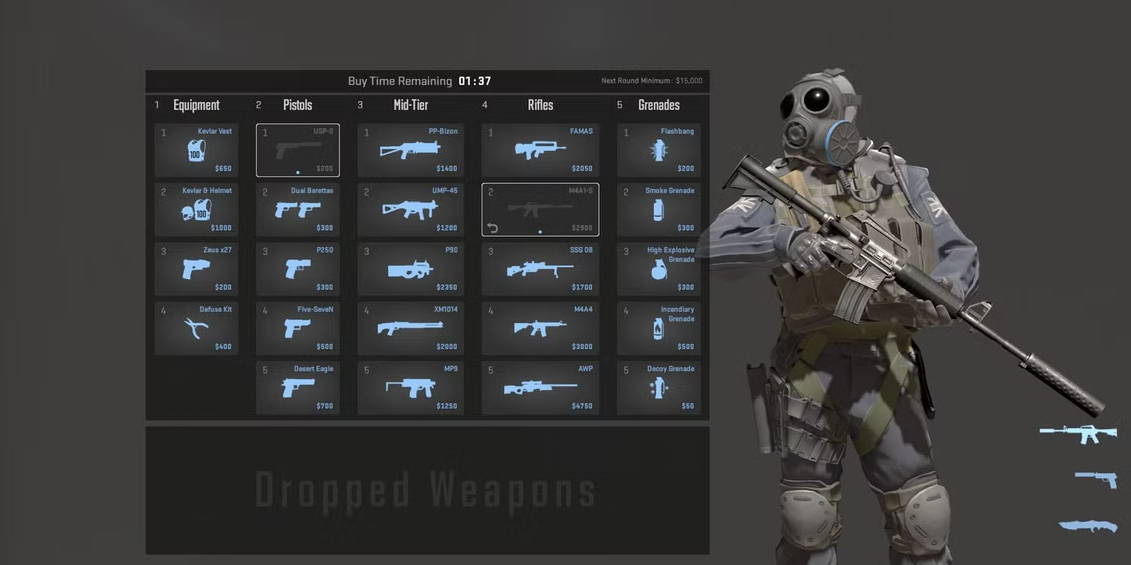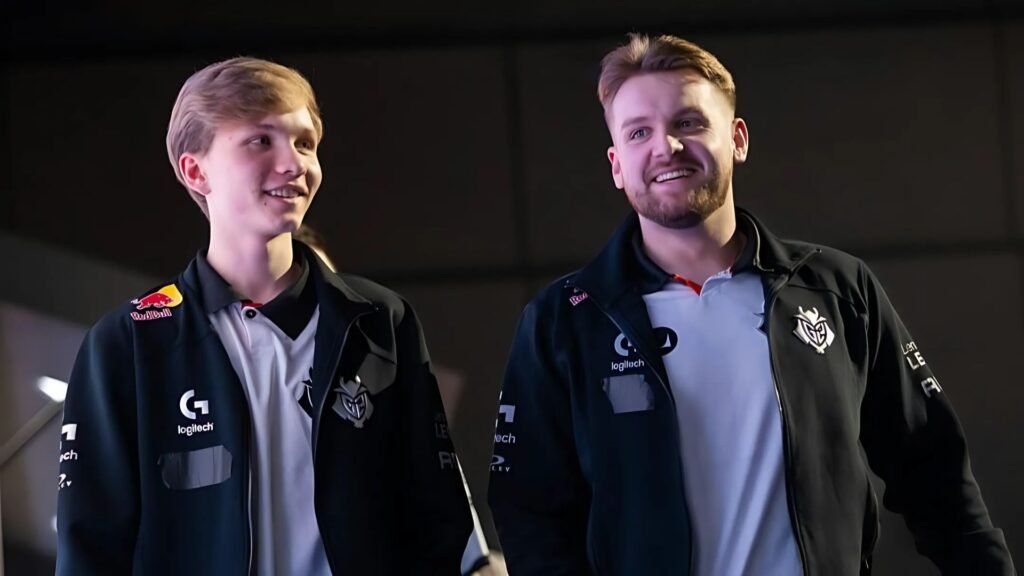Dota 2 – Swiss Format at TI25: What It Means for Competition

In a move that’s set to reshape the structure of The International, Valve has confirmed that TI 2025 will use a Swiss-style format for its group stage — the first time this format has been adopted at Dota’s premier event.
While the main event in Hamburg is still months away, the introduction of the Swiss system has already sparked discussion among players, analysts, and fans. Here’s what this change means, why it matters, and how it could influence the way teams prepare for the most important tournament of the year.
What Is the Swiss Format?
In a Swiss system, teams don’t play a full round-robin. Instead:
-
All teams start with a 0-0 record.
-
After each round, teams are paired against others with the same win-loss record.
-
Once a team reaches a set number of wins (usually 3), they advance to the playoffs.
-
Teams with too many losses are eliminated.
This format ensures balanced matchups throughout the group stage, avoids unnecessary games, and keeps the stakes high every round.
Why It Matters for TI
Traditionally, TI has used either round-robin or double round-robin formats, leading to issues like:
-
Early-qualified teams coasting through later matches
-
Dead games with no impact on playoff seedings
-
Uneven schedules where some teams face a tougher spread than others
The Swiss format fixes many of these problems:
-
More meaningful matches from start to finish
-
Less RNG in seeding — performance determines matchups
-
Greater chances for upsets, as strong teams can’t rely on early wins to coast through
Potential Impact on Teams
-
Teams will need to stay sharp across all matchups — there’s no padding in a Swiss group.
-
Depth of strategy becomes crucial, as teams may face multiple different regional styles in a short span.
-
Coaching and preparation will play a major role, especially with the increased volatility of matchups.
For underdogs, this format offers more chances to earn respect through close games and upsets, rather than being buried in a lopsided group. For favorites, there’s added pressure — a poor start could put them in elimination range quickly.
Community Reactions
Reactions from the Dota community have been largely positive. Analysts see this as a modern and competitive step forward, while fans are excited for less filler and more drama during the group stage.
Some skepticism remains around scheduling and how ties will be handled, but Valve has promised a clearer rulebook and updated seeding tools to address those concerns.
With the road to TI25 officially mapped out, teams now have a new format to master. The Swiss system rewards consistency, adaptability, and nerves under pressure — all traits you need to lift the Aegis. Whether it leads to tighter competition or bigger upsets, one thing’s for sure: this year’s International will be one of the most dynamic ever.









